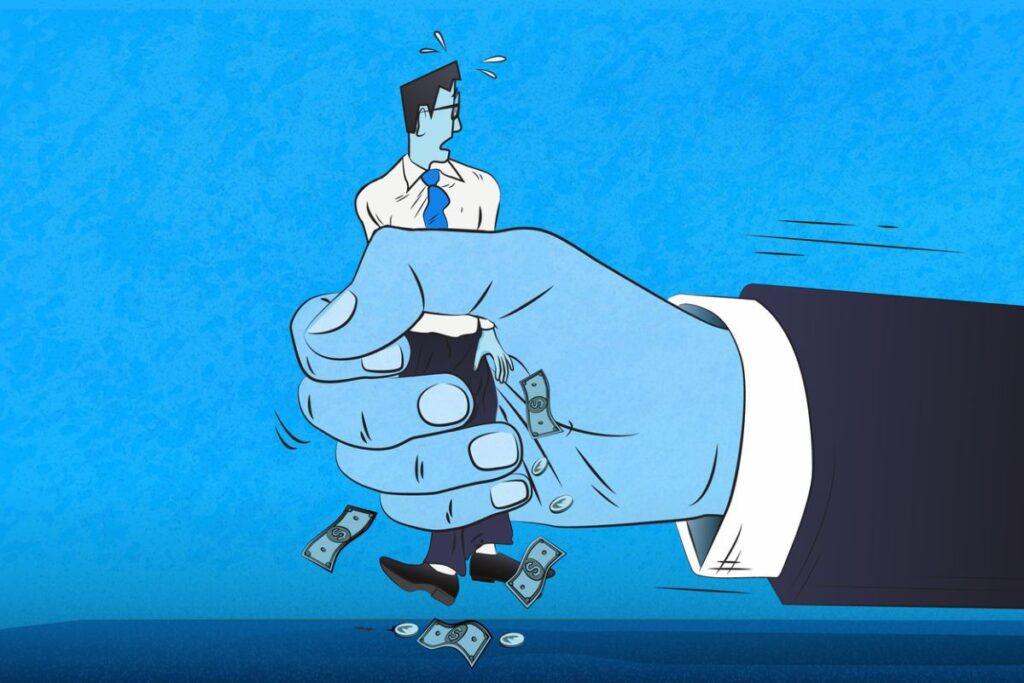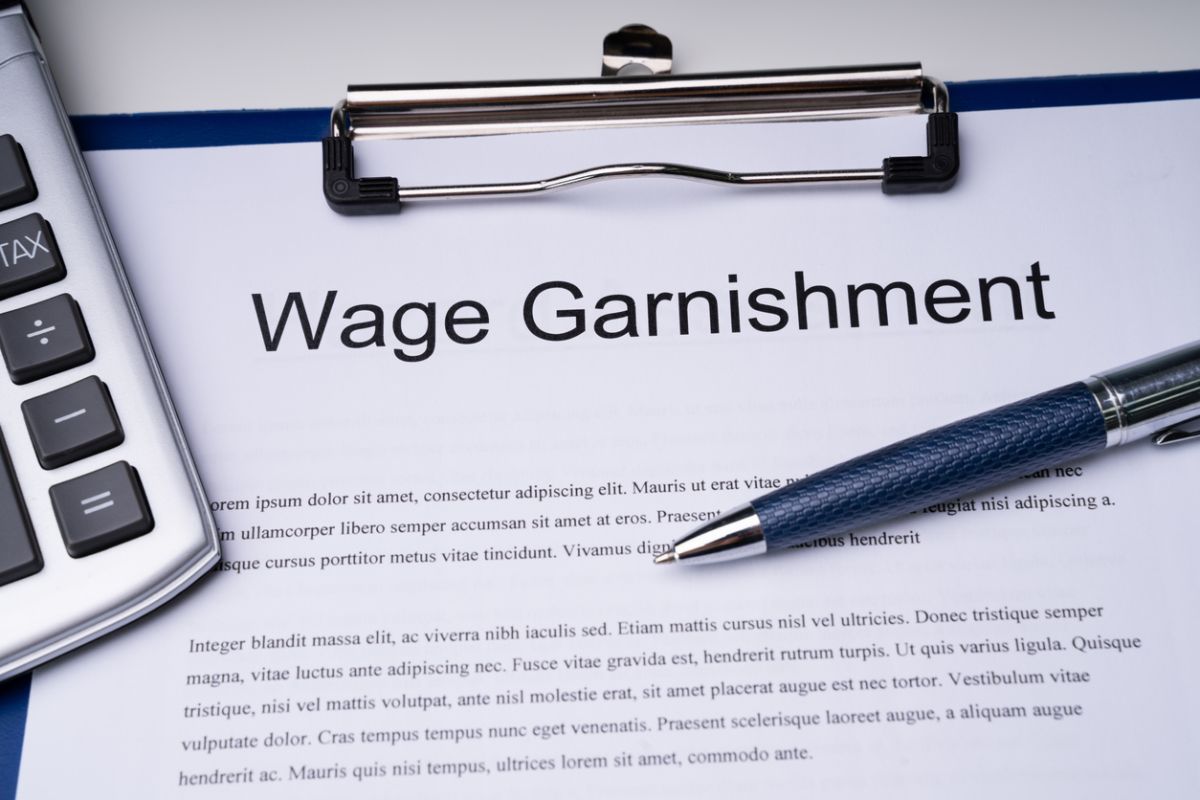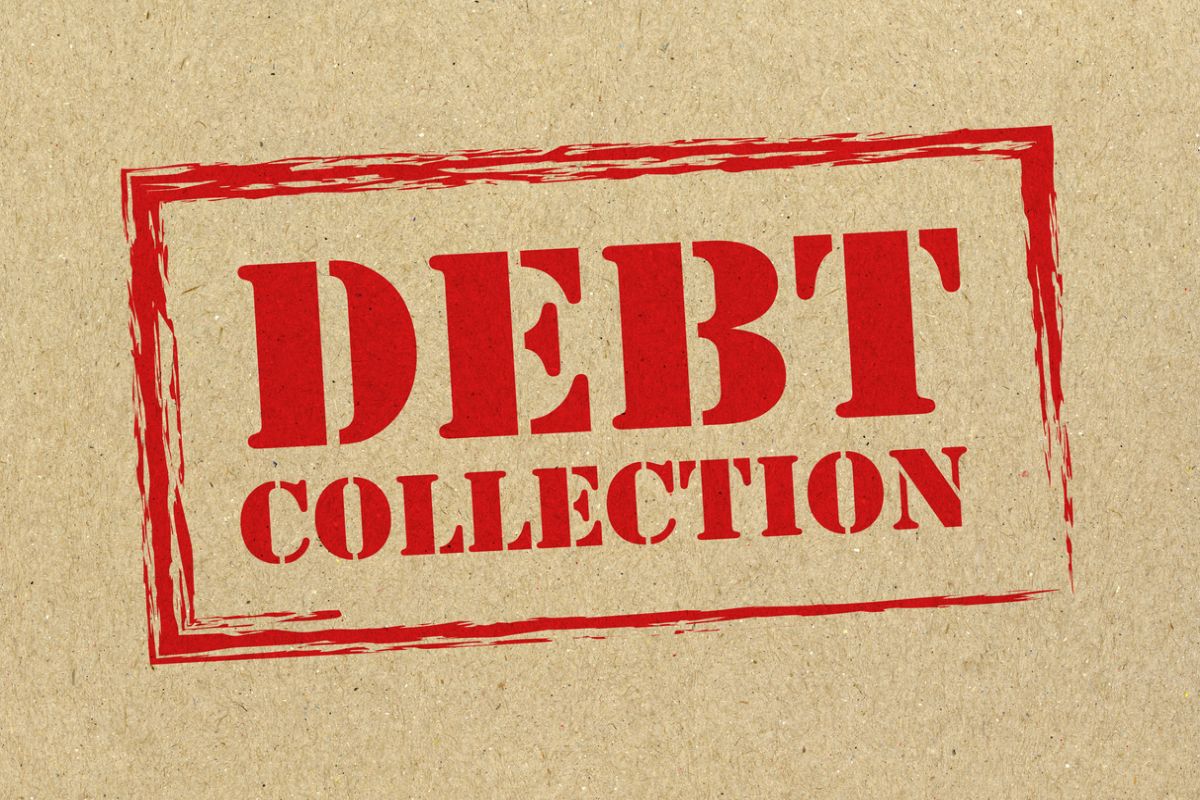Third-party debt collection is big business, and agencies often violate the Fair Debt Collection Practices Act (FDCPA) in their concerted efforts to generate a profit. Consumers need to know what is allowed and what is against the law to know if their rights have been violated. Below are some of the most common unfair debt collection practices.
Don’t Be Fooled by These Unfair Collection Tactics
Here are some of the most common unfair collection tactics our TN Debt Protection Attorneys encounter with clients.
- Excessive Phone Calls – Agencies are known to make several calls a day, often several in a row, skipping between various numbers in different area codes. They will also call early in the morning or late at night.
- Illegal Communication Tactics – Some agency representatives employ threats or obscene and profane language to bully unwary consumers into fearfully succumbing and paying a debt.
- Continually Attempting to Collect a Debt You Don’t Owe – Sometimes you may be contacted about a debt you never owed or paid off long ago; agency representatives are known to keep calling even after you send proof you do not owe the debt.
- Threatening Illegal Actions – third-party debt collectors often threaten lawsuits to frighten the unwary, even for debts that are far past the statute of limitations. They may also threaten to garnish wages or even confiscate homes or other property.
- Falsely Representing Themselves – it is not uncommon for a collection agency to imply or state that it is a law firm. It has also been reported that some agencies attempt to collect more than what is owed.
- Failure to Provide Written Verification of the Debt – collection agencies must send a written debt validation notice within 30 days of contacting you, including the amount you owe, the identity of the original creditor, proof that you owe the debt, and a notice of your right to dispute the debt.
Know Your Rights
The Fair Debt Collection Practices Act (FDCPA) outlines the acceptable practices for third-party debt collectors and your rights. A long list of unfair and/or abusive tactics is prohibited by law, and it includes:
- Harassing or Abusive Practices – some notable examples are excessive phone calls, repeated calls, harsh or obscene language, and making personal threats.
- Unfair Practices – this includes hiding the agency’s name, collecting interest or fees in addition to the debt, causing the consumer to owe communication charges, or threatening to disable or repossess the property.
- False or Misleading Representations – some examples are threatening imprisonment, implying the consumer committed a crime, misrepresenting the debt, and masquerading as law enforcement.
Debt collectors must respect the law and your rights when performing collection duties; those guidelines are clearly outlined. Refer to the Consumer Financial Protection Bureau’s clear explanations when you need guidance. You should also contact a Tennessee Debt Protection Attorney for more clarification or assistance.
Have You Been Unfairly Treated in an Attempt to Collect a Debt?
You do not have to hide, ignore the telephone, or endanger your health with undue stress because of debt collector harassment. There are laws to protect you and actions a lawyer can take to stop the calls and threats. Contact a seasoned Debt Protection Attorney from Fitzgerald & Campbell in Franklin, TN, to get the help you need.
We can help you determine if you are a victim of collection harassment and take legal action against those who violate the law. We can also help you eliminate a heavy debt load so you can start over. Don’t let debt and pesky collection agents ruin your life – call us now for a free, confidential consultation to get the help you need.






